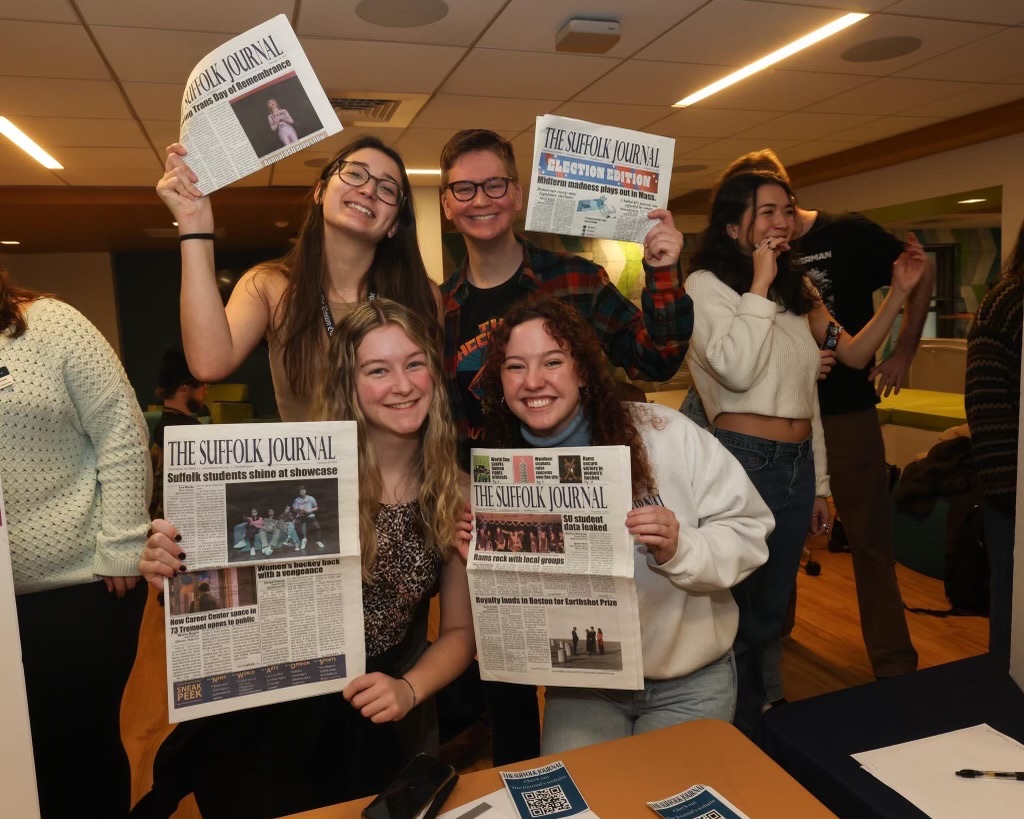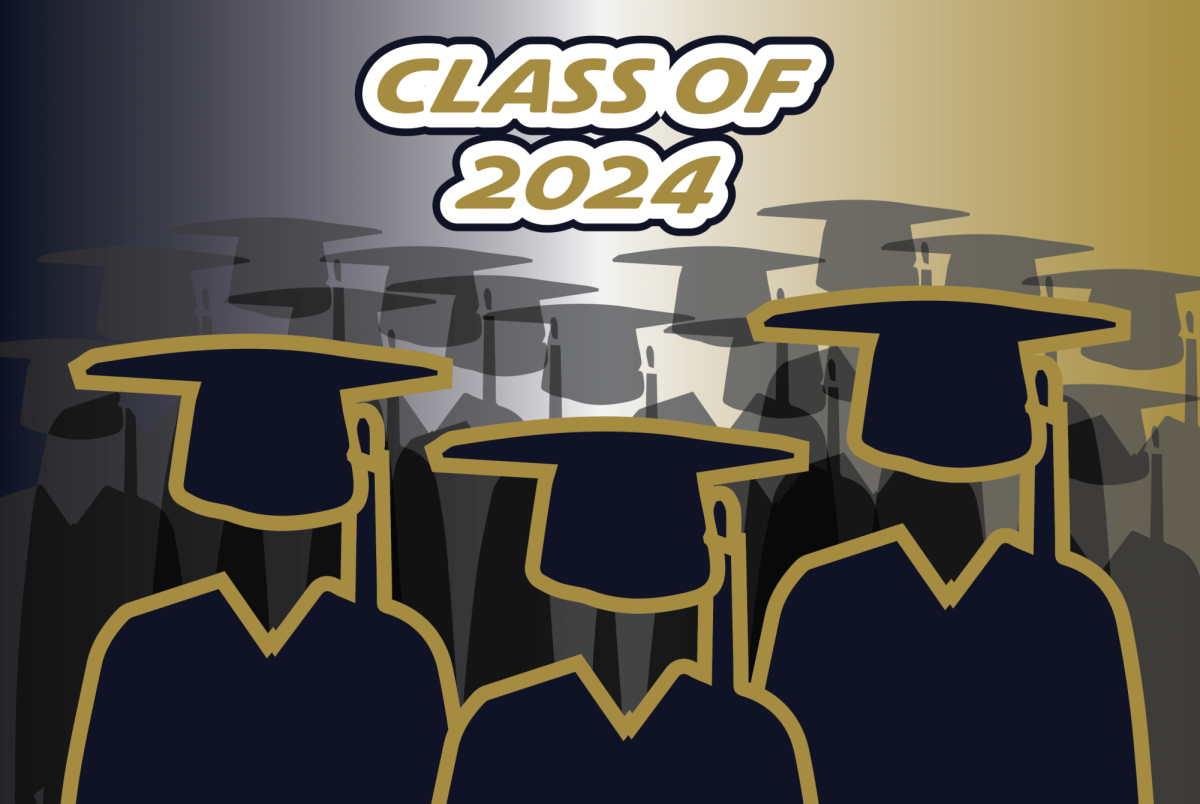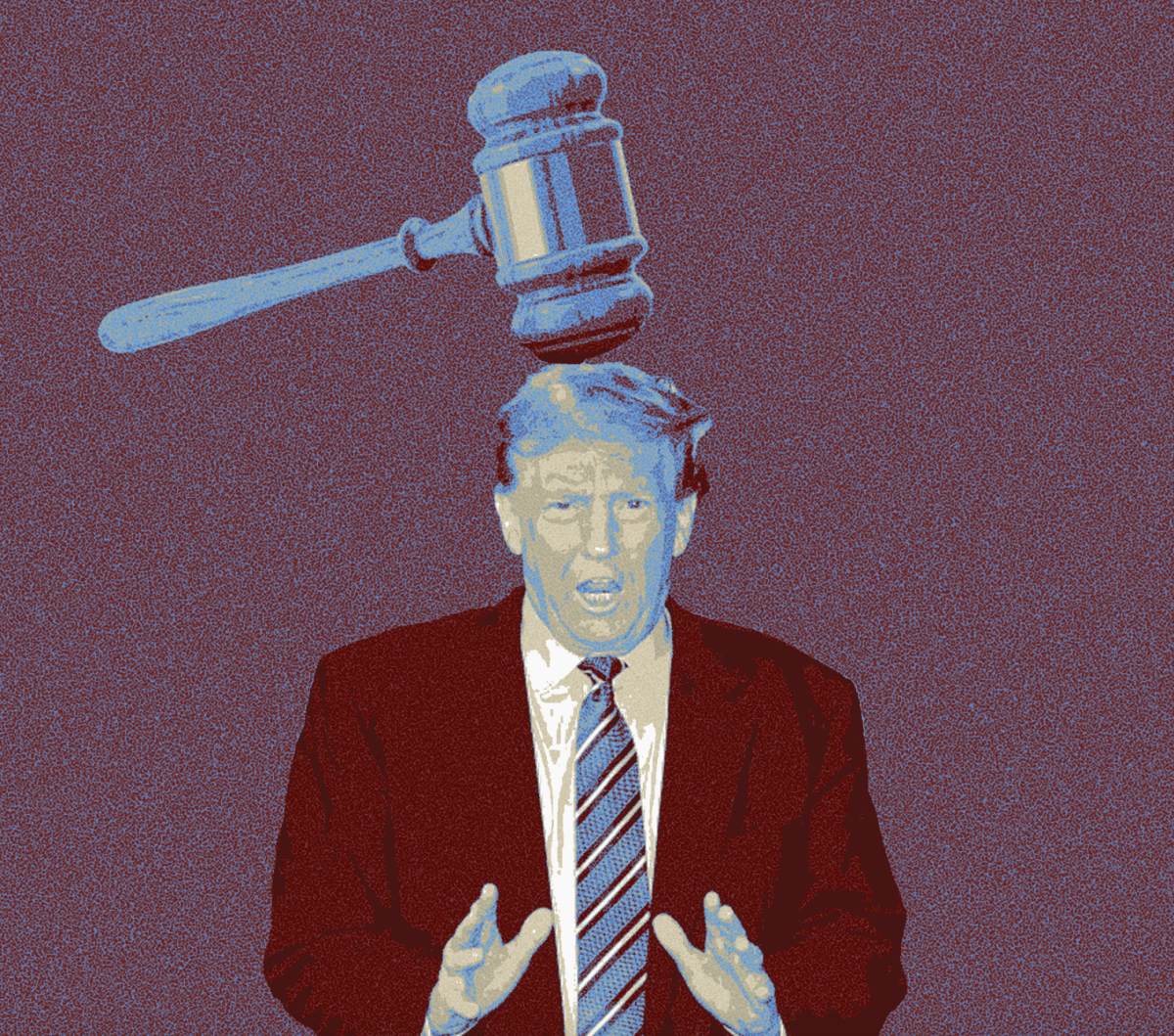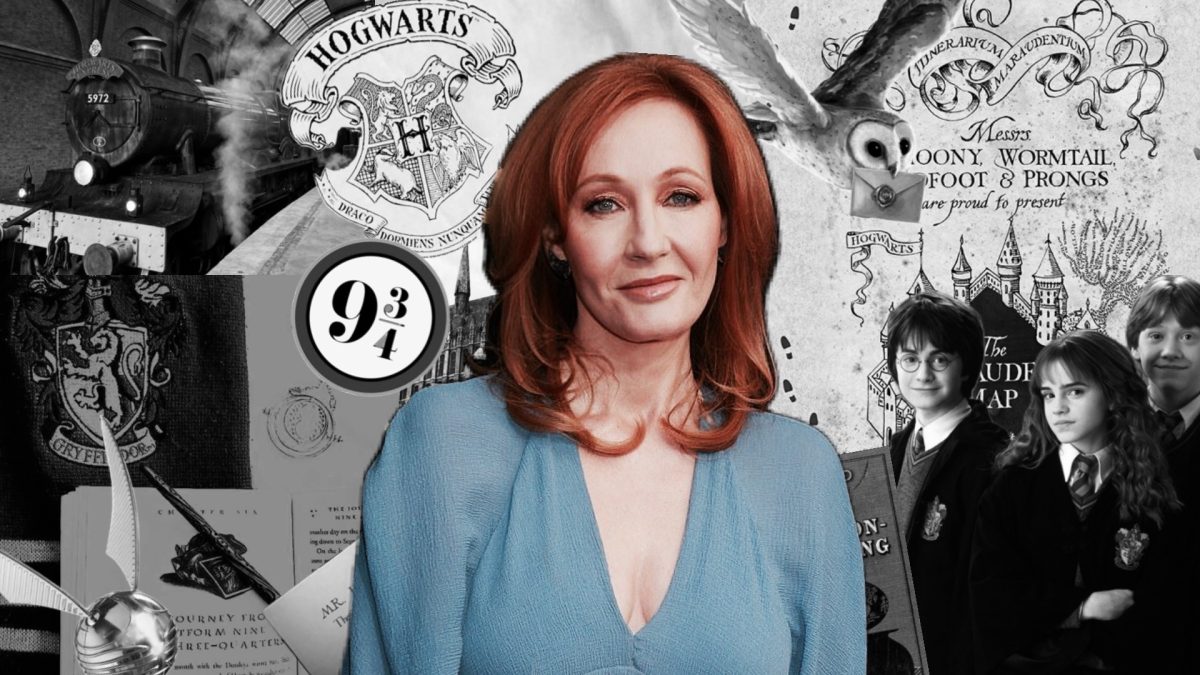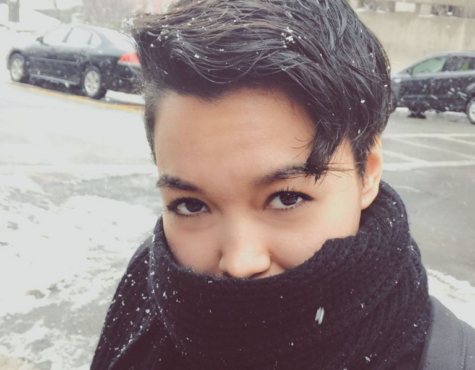When Macklemore and Ryan Lewis’ single “Same Love” was released in 2012, the song’s message spread rapidly across LGBTQ organizations’ social media, posted with shared surprise that a mainstream artist could and would create such work. It became an international “anthem” for listeners across the world, reaching top charts in more than one country and performed on popular stages, including the set of Ellen DeGeneres, and most recently, at last months Grammy’s. As Macklemore’s attention for his gay rights support has continued to grow since the release of “Same Love,” the positive light in which the LGBTQ community has viewed his actions has dimmed, creating an online stir at the thought that Macklemore, a straight, white man, could be known as the face of the gay rights movement.
So, what is the outcry all about? The most problematic factor presented in light of this popularity gain is that he does not represent the personal struggles and inequalities that gays and lesbians face, let alone transgender individuals. He is not a minority, his sexuality is not controversial, and he was born and raised in the friendly city of Seattle. Disapproval towards his advocacy is centered on the fact that he has no personal insight on what it is like to live without the rights and social acceptance that he is rapping for in “Same Love,” making some in the community feel cheated or robbed of being recognized as the heroes of the movement.
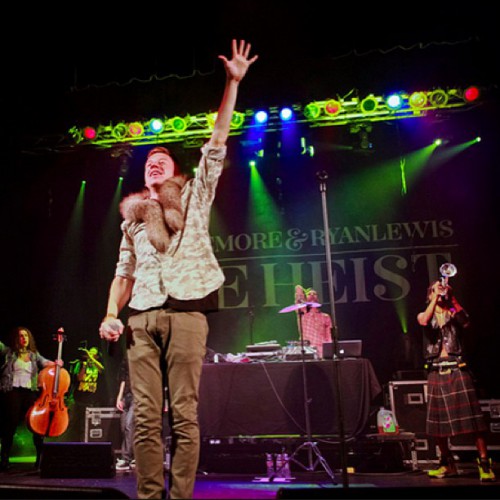
The hip-hop artist is not in any form a pioneer to the movement in the U.S., and as his critics might say, his support for it has been almost exclusively limited to performances and interviews that have branched off of the song that was co-written with Mary Lambert, the singer featured in “Same Love,” who identifies as lesbian. With this in mind, to name the rapper the “face” or “leader” of the movement in the U.S. would be to wrong the citizens that have struggled and pushed without being on the cover of magazines. However, to undermine Macklemore’s actions and promote for us to question the “real” reasons (profit, marketing) behind his performance with Madonna and Queen Latifah does not discredit the help he has provided for the LGBTQ community. Although he cannot account for personally struggling with the social and political inequality of being gay, it does not make his support of the movement less worthy, or less necessary, for that matter. Why should we restrict the path to victory of the movement to be traveled only by those inside the community? It does not make sense to be upset that a straight man, who could have invested his power of being a popular artist elsewhere, is joining our community’s forces to reach a common goal. We cannot fight against prejudices and being excluded from what is “normal” by excluding someone from our part of the battle.
Ideally, it would be the staff of national organizations like the Human Rights Campaign that push for marriage equality under the spotlight and trending topics. Macklemore is not the problem, but the media. They choose to represent Hollywood stars over the less entertaining citizens that quietly lead the gay rights movement, and this is not a problem that only affects the LGBTQ people. I am not proposing a “take what we get without complaining or asking for more” initiative, but a call to begin thinking of the best ways to ride the wave of momentum that Macklemore has given is necessary. He is certainly making the most out of it to chase his own dreams happen. Do not reject the help that non-LGBTQ cohorts can give. Instead, let’s see it from the view that we, as the lesbians, gays, bisexuals, transgender, queers, and allies, have accomplished for our voices, in any form, to be injected into our pop culture. The struggle does not belong to only us anymore; the weight is being shared as others are joining, others who do not also have to carry the burden of inequality. Guys, we are doing something right.



